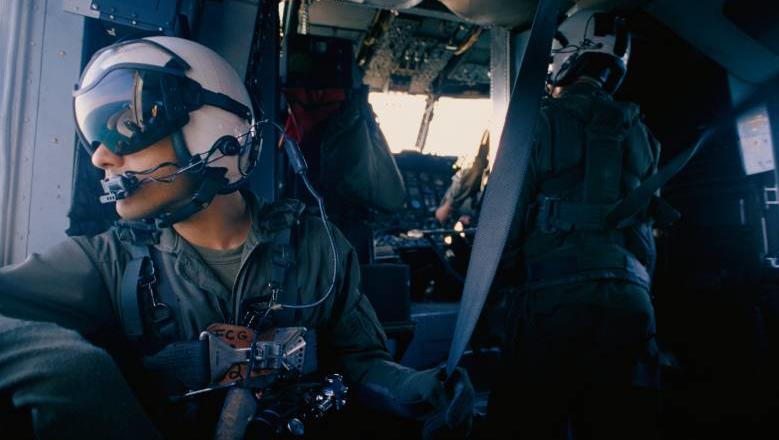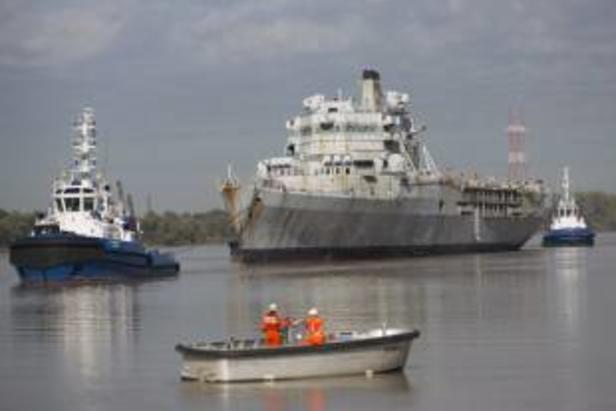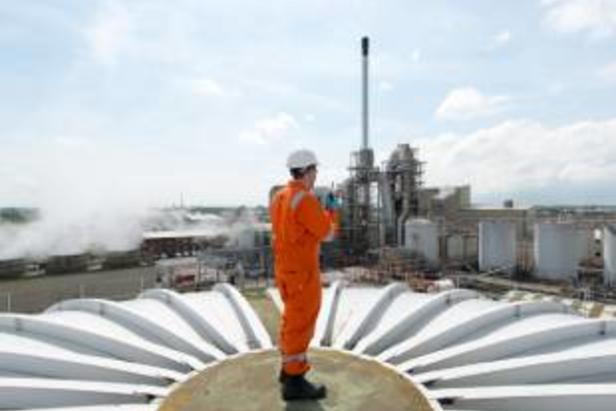At the center of the defense industry’s challenges: security and confidentiality
Geopolitical tensions have never been greater than in recent years. States are seeking to protect their territory and population as effectively as possible, while containing costs and limiting their environmental footprint.
Find out how we measure the environmental impact of industries >
Defense sites have heavy obligations that require a high degree of foresight and adaptation by their partners. These requirements are necessary because they ensure total control over the dissemination of information and the confidentiality of actions implemented by operational forces.

In 2018, military expenditure topped $1.822 trillion, i.e., 2.1% of global GDP.
(Source: Stockholm International Peace Research Institute)
We work with defense ministries to support armed forces
We support strategic defense infrastructure to ensure combat forces successfully complete their operational missions, with a commitment to provide services compliant with regulations.
Our targeted and reliable solutions adapt to operational requirements and guarantee both installation performance and service continuity, because downtime is not an option.
Find out more about our energy management solutions >
Our approach is based on long-term contracts and strong regional presence. Our support can range from maintenance services to the delegated management of a complete site or even facility clean-up. We also provide treatment services for low and medium-level radioactive waste through our specialist subsidiary Veolia Nuclear Solutions.
Our solutions for action
We did it!

Back in 2014, we managed the deconstruction site of two former ships that the French Navy authorities decided to decommission: the cruiser Colbert and the helicopter carrier Jeanne d'Arc. 180 meters long and weighing 9,000 metric tons, the latter was an unusual project. The aim was to recycle 90% of the materials used in the ship. The remaining 10% - including hazardous or asbestos waste - was sent to our specific treatment channels.

United Kingdom
As part of the UK government's support for the international mission to destroy Syrian chemical weapons, we processed 150 metric tons of Class B precursor chemicals and 44 metric tons of hydrochloric acid in our high-temperature furnace in Ellesmere Port, near Liverpool.
To find out more:
discover our solutions for the industry
We help our industrial customers reduce their environmental impact by tackling the specific problems that they face. For example :
Pooling resources at industrial parks: What’s involved


